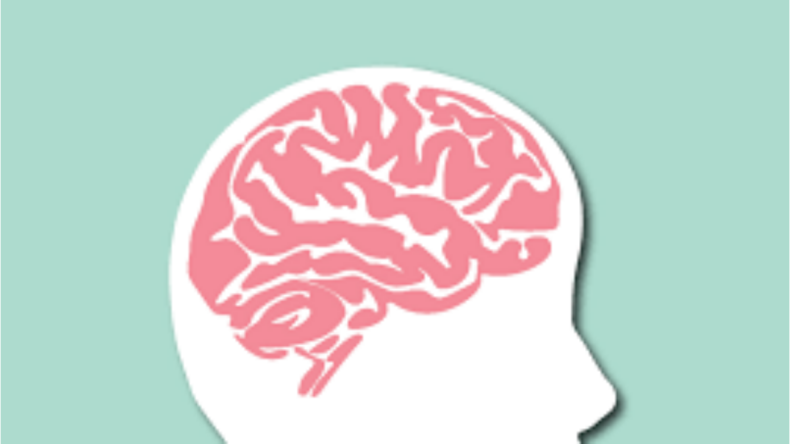Self Help Plus is a stress management course intended for groups of up to 30 people who have lived through or are living through adversity, whether due to personal difficulties, work or family-related stress, or issues that affect whole communities such as armed conflict, violence, disease, and poverty.
Role of Self Help Plus:
Self Help plus can be used in all settings, including areas where significant mental health and psychological support needs. Still, the services providing such support are nearly either stretched or non-existent.
The course package consists of an innovative format of pre-recorded audio and an illustrated guide – Doing What Matters in Times of Stress- divided by non-specialist facilitators following a short training. This delivery method dramatically increases the opportunities for use by large numbers of people.
Based on Acceptance and Commitment Therapy (ACT) which is a form of cognitive behavioral therapy- the course has already been tested in three randomized controlled trials: with female refugees from South Sudan living in a settlement in Uganda, with refugees from different nationalities in multiple European countries and with Syrian refugees in Turkey.

These trials showed that the intervention effectively reduced psychological distress and prevented the onset of mental disorders in overall populations affected by adversity. Other outcomes include reductions in symptoms of common mental illnesses such as depression and post-traumatic stress and improvements in general health, functioning, and well-being.
Group management with disabled people:
Self Help Plus was tested with groups of different sizes meeting in person. Still, it could be adapted and tested for delivery in other formats such as videoconferencing or podcasts, or radio programs.
Such delivery mechanisms would be beneficial in contexts where public health or logistical constraints make it difficult for participants to meet in person. This new training course complements other World Health Organisation psychological interventions delivered by non-specialists such as Problem Management Plus, Group Problem Management Plus, and Thinking Healthy.
World Health Organisation supports governments in the goal of strengthening and promoting mental health. World Health Organisation has evaluated the evidence for promoting mental health and is working with governments to disseminate this information and integrate effective planning into policies and plans.

In 2013, the World Health Assembly allowed a ‘Comprehensive Mental Health Action Plan for the 2013 year.’ The goal is a document by all the members of the World Health Organisation to take specific actions to improve mental health and contribute to the attainment of a set of national targets.
Objectives of the Action Plan:
The Action Plan’s overall aim is to help mental well-being, prevent mental disorders, provide care, enhance recovery, promote human rights, and reduce mental pain and disability handicrafts for persons with mental illnesses. It focuses on the key ok to:
- Strengthen effective ruling and governance for mental health.
- Provide comprehensive and responsive mental health and social care services in community-based settings.
- Implement plans for promotion and prevention in mental health.
- Strengthen information systems, evidence, and research for mental health.
Role of the health department:
Emphasis is given in the Action Plan to protect and promote human rights, strengthen and empower civil society, and the central place of community-based care. The Action Plan said and required clear actions for governments, international countries, and the World Health Organisation to achieve its objectives.

Ministers of Health will need to take a leadership role. The World Health Organisation will work with them and with the national partners, including the civil society, to implement the plan.
As no action fits all countries, each government will need to adapt the Action Plan to its specific national circumstances. A range of practical measures also exists for the prevention of suicide, prevention, and treatment of mental disorders in children, prevention and treatment.













